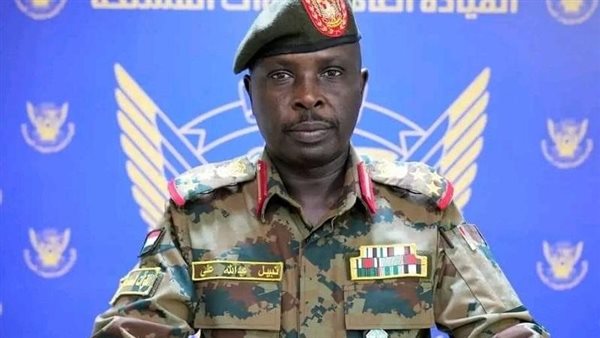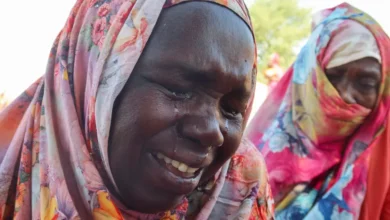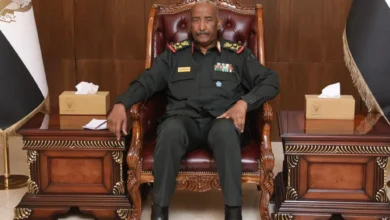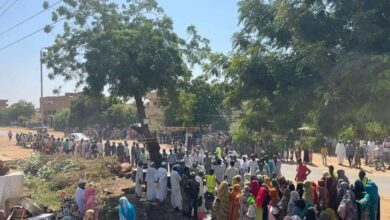Sudanese army spokesman:Formation of a fact-finding committee on the events of Blue Nile and the appointment of a new leader for the state

General Nabil Abdullah – the official spokesman for the Sudanese army – said statements that the army commander and head of the Sovereignty Council Abdel Fattah Al-Burhan formed a committee to investigate the facts and stand on the security situation in the Blue Nile region.
He added that the committee is headed by Lieutenant-General Khaled Abdeen al-Shami, deputy chief of staff, and that it includes representatives of the Ministry of Interior and the General Intelligence Service.
The official spokesman for the Sudanese army confirmed that Al-Burhan appointed Major General Rabie Abdullah as commander of the Blue Nile Military Region, explaining that the security situation in the region is somewhat stable.
This comes in conjunction with thousands of protesters gathering in front of the regional government headquarters in Damazin, the capital of Blue Nile State, and setting it on fire in protest against the recent escalation of tribal violence that killed nearly 200 people, according to witnesses.
The state’s Minister of Health, Gamal Nasser, said , on Sunday, that hospitals are facing a major shortage of medicines with the increase in the number of infected people.
At the end of last week, about 200 people were killed in three villages during clashes between the Hausa and Fong tribes in the state, according to a local official.
Wad al-Mahi Abdel Aziz al-Amin, executive director of the local council in the area, said that “some bodies are still being buried so far,” calling on humanitarian organizations to help the local authorities to do so.
On Friday, Ahmed El-Omda Badi, the governor of Blue Nile state whose removal, said that protesters are calling for imposed a state of emergency in the state for 30 days, giving security forces full powers to stop tribal fighting.
According to United Nations data, at least 149 people were killed and 65,000 displaced in the Blue Nile between last July and early October.
The resistance committees (activists) in the city of Roseires said, on Thursday, in a statement, “The fighting renewed in Blue Nile again, and returned more fierce and heinous in Wad Al-Mahi locality, south of Roseires, and there are more than 200 dead and a large number of injured.”





